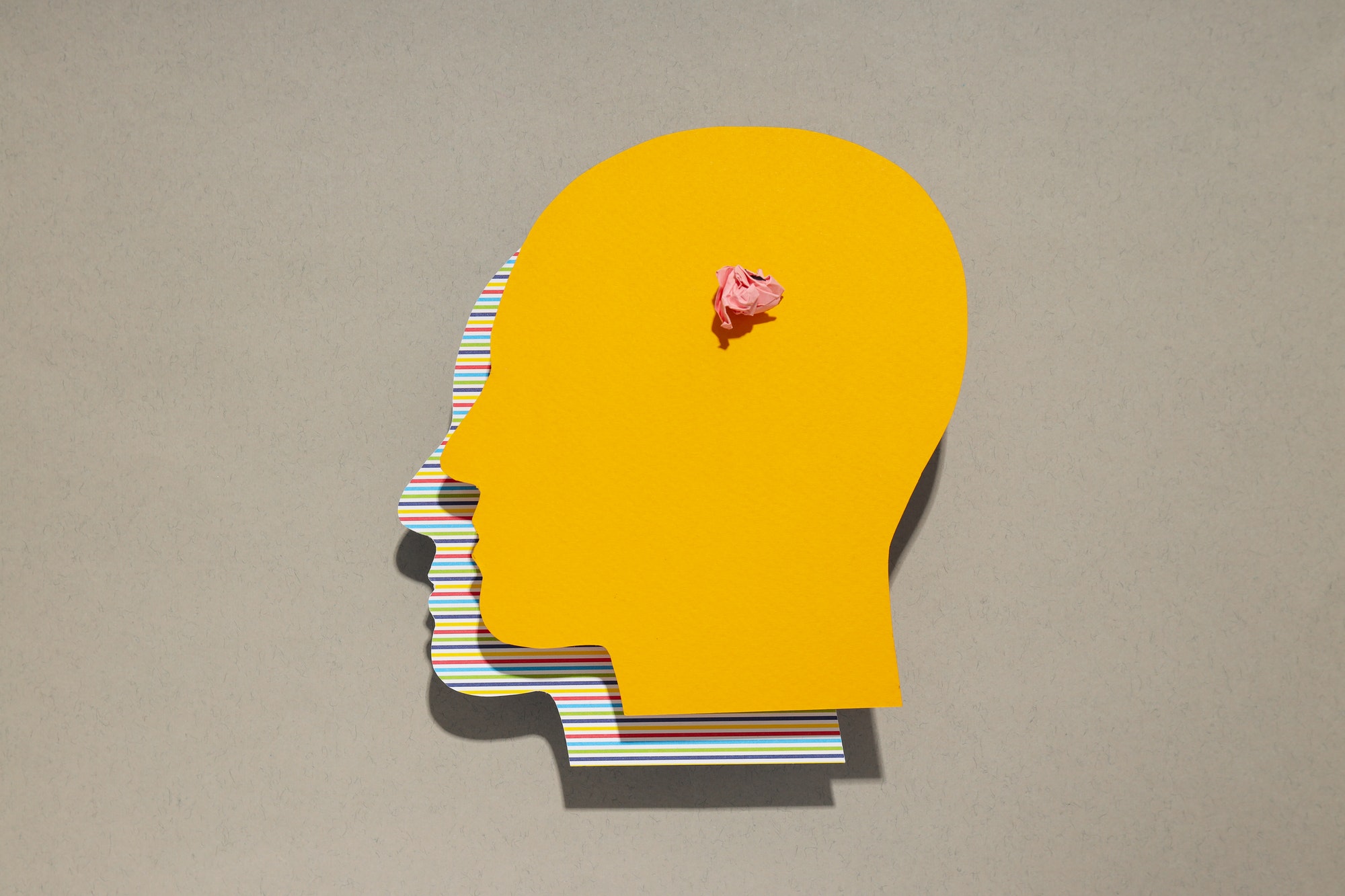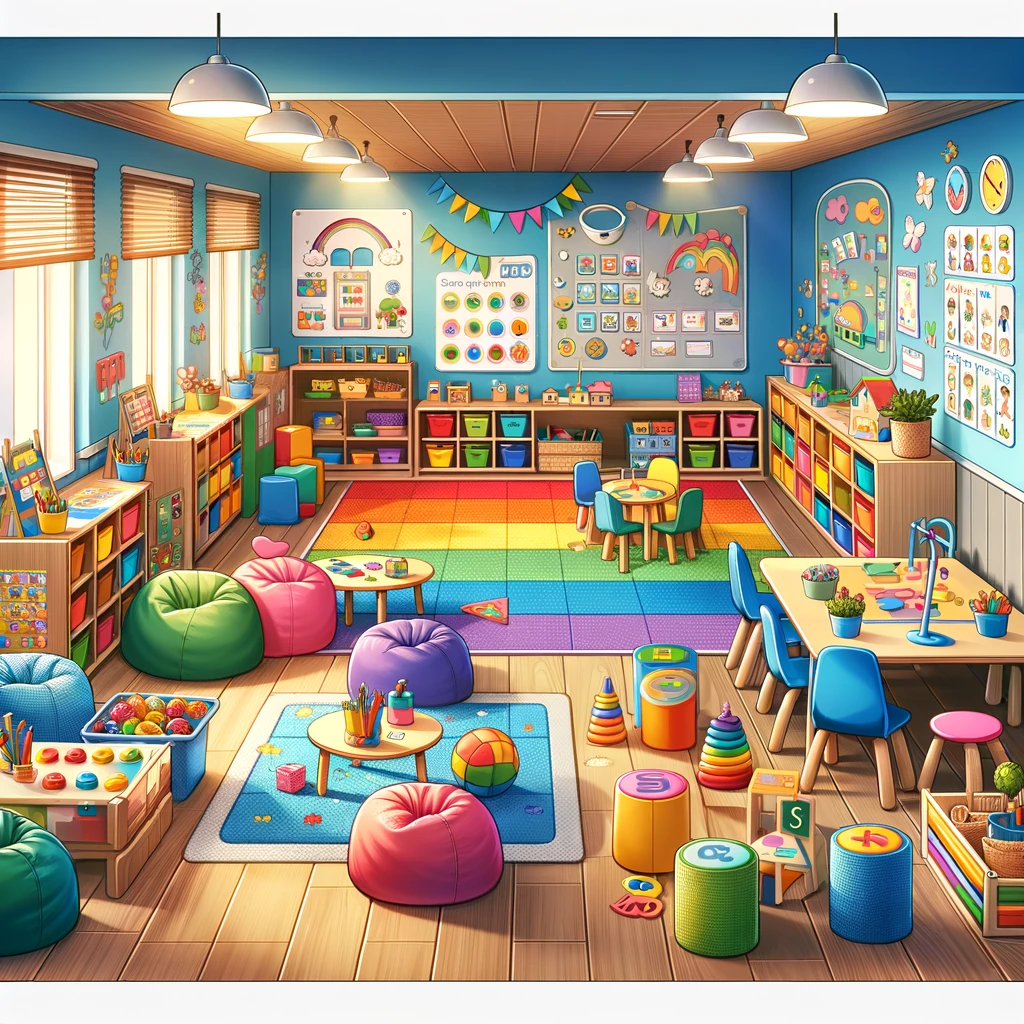Cognitive flexibility is a skill that not only allows us to make decisions more efficiently but also has an impact on our emotional well-being. Some researchers predict that successful decisions and future success depend more on cognitive flexibility than IQ alone.
IQ is seen as the necessary condition for success. However, many great works and discoveries have been made by people who do not fit the traditional definition of intelligence.
Cognitive flexibility includes imagination, creativity, empathy, and curiosity. It implies the ability to learn skills to learn and adapt to changing dynamics efficiently. These virtues and perseverance are at the heart of much human progress.

Cognitive Flexibility
Cognitive flexibility can be defined as “a skill that focuses on changing points of view and adapting behaviour to cope with a new environment.” However, as a rule, people try to apply learned schemas or concepts to new situations and often struggle with implementing different ways.
Many people need to resolve inner conflicts to make changes that will allow them to adapt to new circumstances. Researchers have found that instead of working to adapt to new situations, many people preferred to not to make drastic changes to their behaviour.
Here is an example. Imagine always taking the same route to get to work. One day you notice that road works are being done along the way, so you have two other routes to choose between. You can take the same route and be late. Or you can take an alternative route. This is precisely where cognitive flexibility comes into play.
Rational Thinking and Creativity
Researchers have indicated that cognitive flexibility is associated with the frontal and striatal regions of the brain. The former is linked to the higher cognitive processes and the latter to reward and motivation. It has been proven that if two people have the same IQ, the one with cognitive flexibility will perform better. This ability results in something known as “cold cognition.” This is a form of pragmatic, rational thinking in which emotions have little or no influence. It corresponds to the direct processing of the information without fear or anger.
For example, you see a pan on fire in the kitchen and throw a wet cloth over it to extinguish it. That is cold cognition. On the other hand, “warm cognition” would mean calling the fire department.
In general, cognitive flexibility emphasizes information processing more than other factors. The result is a more rational response to new situations. Also, as long as the process and not previous learning prevails, creative and innovative solutions are easier to achieve.
Empathy and Resiliency
In general, IQ is more associated with “crystallized intelligence.” It emphasizes an individual’s ability to understand, assimilate and apply new content, assess a situation and draw conclusions from it.
Fluid intelligence, which corresponds to cognitive flexibility, implies the ability to reason and contrast information. In turn, it affects cognition and emotional and social skills. This essential ability to adapt results in greater resilience. In other words, a more remarkable ability to deal with and overcome difficult situations.
In addition, cognitive flexibility also makes people develop more empathy. Indeed, they generate a more open mind to judge others. This dispels prejudice. Both empathy and resilience mean that a person has greater emotional well-being.
One Cambridge and Nanyang study found that cognitive flexibility training generates significant gains in children with autism and older adults. We all benefit from strengthening and developing our ability to adapt and find new ways to escape difficult situations.
Anxiety and Cognitive Flexibility
Individuals with anxiety disorders are likely to have deficits in cognitive flexibility. This is mainly due to irrational thoughts and thinking traps due to excessive worrying. In such situations, people rely on default and often unhelpful behaviours and habits that have not worked in the past. Instead of applying flexible thinking, old patterns repeat, resulting in similar behaviour. At La Ronge Counselling, mindful-based cognitive flexibility is incorporated in individual and group DBT sessions. DBT is Dialectical Behaviour Therapy focusing primarily on distress tolerance and emotional regulation.














